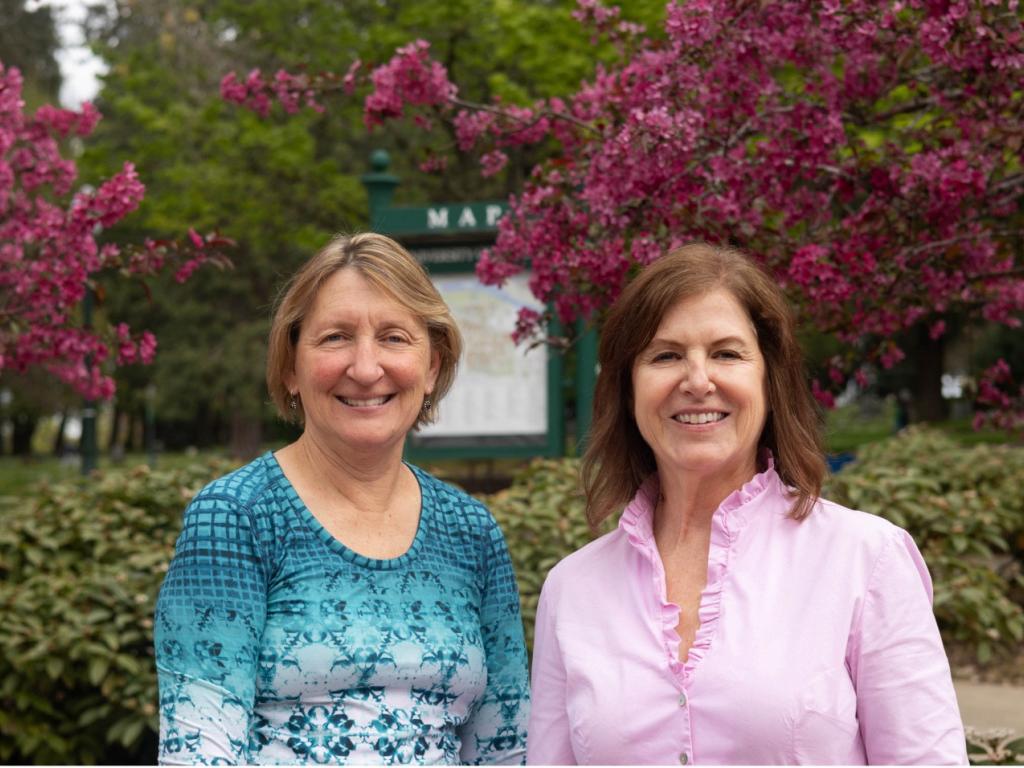
Editor's note: This article was produced by a student participating in the course J477/577: Strategic Science Communication, a collaboration between the School of Journalism and Communication’s Science Communication Minor program and the Research Communications unit in the Office of the Vice President for Research and Innovation.
Amid the ongoing opioid crisis that has devastated communities across the country, researchers at the University of Oregon are joining forces to address the complex issue through the groundbreaking Center on Parenting and Opioids (CPO), which was founded in 2019 with a $10 million grant from the National Institutes of Health.
The CPO is currently researching the underlying mechanisms of addiction and parenting challenges to develop effective interventions that can positively impact those affected by opioid use. The overarching goal is to improve the well-being of individuals, families, and communities affected by the opioid crisis by bridging the gap between basic science research and real-world interventions.
Professors Leslie Leve and Beth Stormshak are CPO-affiliated prevention science researchers. Prevention science blends principles from multiple fields such as psychology, sociology, public health, and education, and applies them to improve the wellbeing and health of individuals across the lifespan.
Leve and Stormshak are also members of the Prevention Science Institute (PSI), which focuses on supporting prevention science research at the UO in collaboration with community partners. PSI research spans across different age groups and societal problems that have a large impact on community and individual health. The field of Prevention Science includes research and intervention into issues such as substance abuse, mental health, child welfare involvement, and delinquent behaviors.
"Prevention is an essential element to prevent onset and escalation of problems that can make someone’s life much more difficult." — Beth Stormshak
The CPO has three main projects. One is spearheaded by Stormshak and includes testing a new digital health intervention model with families of young children who have histories of substance misuse or other risk factors that make them susceptible to substance abuse. The digital health intervention model provides coaching and support to the families over the course of a year, and the results will be compared to a service-as-usual control group that receives the digital health intervention at the end of the study. Roughly 45% of the families in this project are from rural areas living in Oregon.
“One extension of this work is to open up digital health treatment models for areas of the country that don’t have access to services, such as rural counties," Stormshak said.
Another project is in collaboration with Oregon Health & Science University. The researchers are studying brain structure and connectivity among pregnant people with or without opioid use disorder. Their babies will also be involved in the project.
The third project is led by Professor Philip Fisher, a professor at Stanford University, and focuses on the FIND (Filming Interactions and Nurturing Development) intervention, which includes filming moms and their young children interacting, and then showing them video clips that illustrate their own prosocial and other positive interactions that promote child development.
"We not only want to tell people what not to do, we need to help them understand what they’re doing right and reinforce that in positive ways,” said Leve.
As the CPO continues to develop and its research projects progress, their hope is that the insights gained will not only inform effective interventions for families struggling with opioid use, but also contribute to a broader shift in how society approaches addiction and parenting challenges. Through their dedication and collaboration, these researchers are leading the charge in creating a future where families can thrive in the face of adversity.
"The idea is that you’re not just doing research that’s local—you’re really putting materials out there [that will] benefit the whole nation and scientific community,” Leve said. “There’s a lot needed to help the well-being of our society and international community right now, and there’s a lot we can do to make change.”
